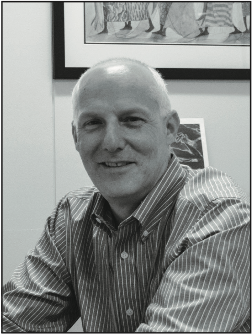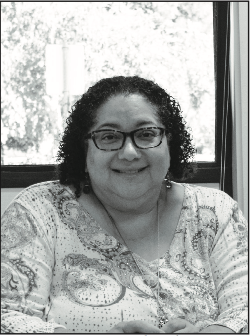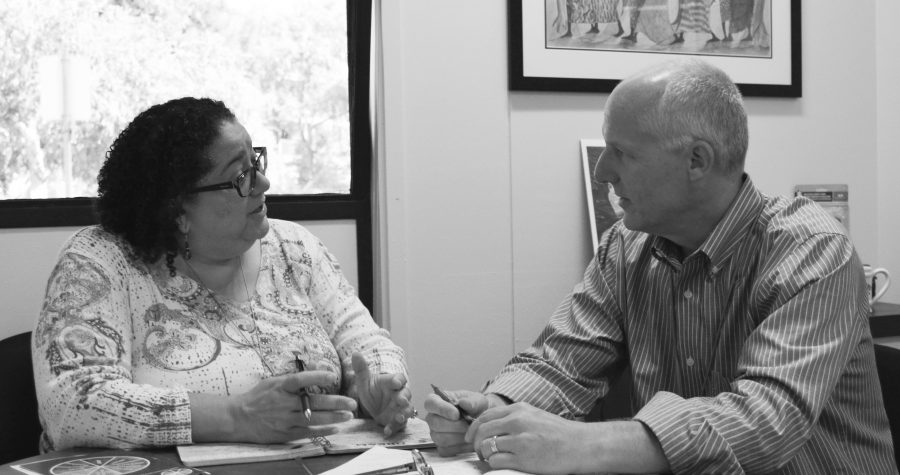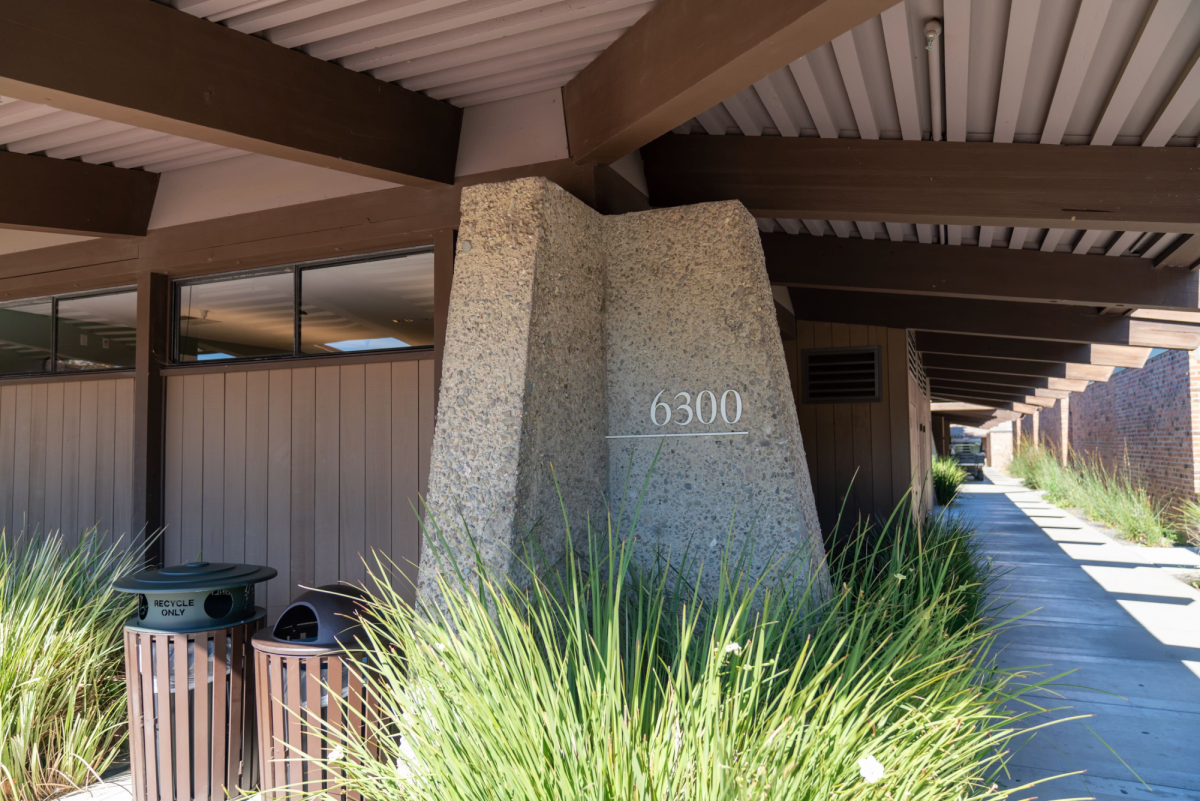Mike Heffner

Written by Liza Kolbasov
One of two new assistant principals joining the administrative team this year is Mike Heffner, former chief academic officer of Carmel Unified School District. Heffner came to Gunn in hopes of working more closely with students and staff than he did previously. “As much as I loved the job I had in Carmel, I was not on a school site working with students and teachers in the same kind of way that I can do here,” Heffner said.
Heffner’s main responsibilities include managing the master schedule as well as the counselling and wellness programs. However, he added that the administration works together on a lot of different issues, and communication between departments is key. “[It’s important to] think about how I work as part of this team, and how I work on the things I’m responsible for to take us to the next level,” he said.
In his first year, Heffner is looking forward to getting to know the school and the people in it. “I think it’s about building connections and establishing relationships with students, families, and staff,” Heffner said. “I think first and foremost is really learning about our school and our culture and our community.” According to Heffner, once he knows the context of what is currently happening, he will be better able to make educated decisions about what to do next.
Heffner plans to familiarize himself with the school by getting to know the opinions of students, staff and parents. “I’ve been pretty intentional in starting to reach out to parents and community members to start to understand [the school] from different perspectives,” he said. He calls this a “360 evaluation,” and says that he is working on opening many opportunities for feedback from different groups on campus.
Heffner’s background of working with people in leadership roles at various schools will help him adapt to different situations, such as working with students in counseling and developing the schedule.
In leading the school, he also wants to focus on including everyone affected by decisions into the process of making them. “When we come to a decision, even if not everybody likes the decision, we can say ‘we included your thinking and here is why it happened, why we made this decision.’”
In his first few months here, Heffner will focus on learning about Gunn and its history to understand why things happen the way they do. “Sometimes when you’re new, you don’t know those histories, and you make a decision without realizing [the effect it will have],” he said. According to Heffner, everything—from the way counseling is run to the agenda of the senior assembly—is based on methods tried in the past. Understanding past practices requires talking to a lot of people and learning from them.
Despite these challenges, Heffner is very excited to get to know the school and everything about it. “My goal is to really be a listener and to enter into conversations as a listener, [and] to seek to understand before I try to find solutions or ideas,” he said.
Pier Angeli La Place

Written by Joy Huang
New Assistant Principal Pier Angeli La Place was hired this year to oversee athletics, attendance, diversity, equity and discipline. La Place has worked in Palo Alto Unified School District (PAUSD) for 26 years: she began teaching at Duveneck Elementary School, then worked as a social studies and English teacher at Jane Lathrop Stanford Middle School (JLS). Her first administrative position was as assistant principal at JLS before becoming principal of Terman Middle School.
Her past positions in both middle schools means La Place has seen some familiar faces on campus this year. “Certainly I don’t know everybody, but I know a lot of students, and it’s been very wonderful,” La Place said. “I would say [my goal] is to deepen relationships with students that I do know, and get to know the students that I don’t know.” One of her methods is to go around the campus and talk to students. She has also attended Student Executive Council (SEC) meetings and plans to be a regular presence there.
In addition to strengthening connections with students, La Place plans to improve student voice, engagement and support. “I need to learn what is already working from the students’ perspective and what the students’ ideas are of how we can better engage them as well,” she said.
One way for her to provide student support is through discipline, which she manages with Assistant Principal Tara Keith. “I don’t actually like to use that term because I don’t consider ‘discipline’ to be what we are trying to do with students,” La Place said. “Let’s just say behavioural support or restorative justice, which are much more in alignment with how I see things.” Part of her responsibility is to evaluate underlying causes behind student behavior in order to offer the appropriate support and solutions.
“Having conversations with students about choices…that’s another way of trying to help students using restorative justice rather than having a punitive system of interacting with students,” she said.
Academically, La Place plans to focus on inclusion, equity and recognition of student concerns. “I know that the whole limiting [Advanced Placement classes] and the grading practices have been issues [that are] very important to students, and all of the decisions may not have landed where students wanted them to land,” she said. “I’m not saying I’m going to come in and change all of that, but I think that there is room for what students feel they need academically and making sure they are getting served in their classrooms.” Additionally, she has plans to improve emotional and social support by working closely with the counselors and making herself available to the students.
Another goal La Place would like to achieve is advancing student voice. She recognizes the challenge of having people with different opinions reach a mutual understanding. “It’s important [for students to] be well-informed on why decisions are being made and [the administrators to be] transparent,” La Place said. “Even if you don’t agree, you can understand why. And the same thing is true for me, I want to know why students feel a certain way. I may not be able to change it, but I want to know why.”
She also encourages the administrative team to check in with students and advocate for their voice. “I think it’s very important that you remember the classroom experience and not forget it while making decisions in this office, ” La Place said.
She strongly encourages students to talk to her and see her as a resource. “I would say my administrative style is the balance of head and heart,” she said. “And that we have to remember that we are not just dealing with brains, we are dealing with whole human beings.”











